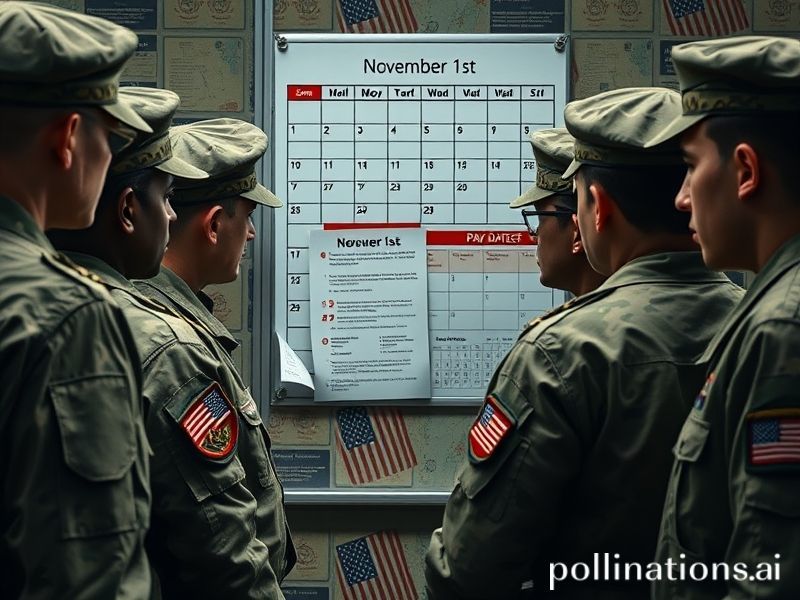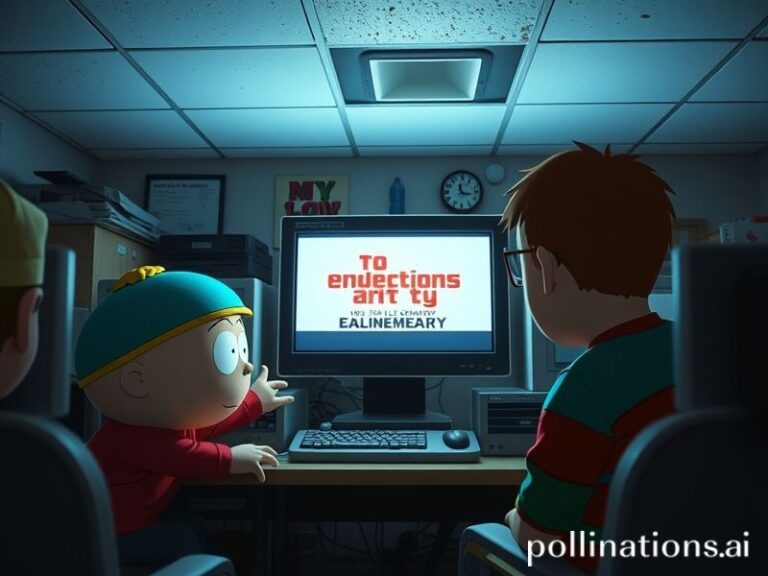No Pay, No Way: Why the World is Watching the U.S. Military’s November 1st Paycheck Drama
**Title: “No Pay, No Way: Why the World is Watching the U.S. Military’s November 1st Paycheck Drama”**
Alright, folks, buckle up! We’re diving headfirst into the latest global trending topic that’s got everyone from meme lords to political pundits chattering: **”Is the military getting paid on November 1st?”** Spoiler alert: it’s not just about the money, it’s about the drama, the politics, and the sheer internet chaos that ensues when Uncle Sam’s paychecks are on the line.
**Why is this trending globally?**
First off, let’s set the scene. The U.S. government is in the midst of a budget showdown, and Congress is playing a high-stakes game of chicken with the debt ceiling. If they don’t reach a deal by November 1st, the government could shut down, and guess who might not get paid? That’s right, the U.S. military. And when you’ve got over 1.3 million active-duty service members and their families holding their breath, you’ve got a global headline.
But why is the world watching? Well, the U.S. military is a global force, with bases and operations in over 150 countries. When there’s a hiccup in the U.S., there’s a ripple effect worldwide. Plus, the internet has made us all armchair political analysts, and nothing gets the blood pumping like a good old-fashioned government shutdown drama.
**Cultural Context: The Internet Never Forgets**
In the age of social media, nothing stays under the radar for long. The #MilitaryPay hashtag has been trending on Twitter, with service members, veterans, and supporters sharing their concerns and rallying for action. Memes have popped up, from the classic “Distracted Boyfriend” to custom-made graphics pleading, “Pay our troops!”
But it’s not all fun and games. This topic has struck a chord because it’s personal. It’s about people’s livelihoods, their ability to provide for their families, and the promise that the government will take care of those who serve. When that promise is called into question, people take notice.
**Social Impact: Beyond the Paycheck**
The potential impact of unpaid military personnel goes far beyond individual paychecks. It’s about morale, readiness, and the broader implications for national security. A demoralized military is a less effective military, and in an increasingly volatile world, that’s a risk no one wants to take.
Moreover, this issue has sparked conversations about the broader societal contract. If the government can’t guarantee timely pay for those who serve, what does that say about the value placed on their service? It’s a question that resonates far beyond the military, touching on issues of trust, accountability, and the social compact.
**What Makes This Topic Significant?**
At its core, this topic is significant because it’s a microcosm of larger political and societal issues. It’s about the role of government, the power of the purse, and the delicate balance between political brinkmanship and real-world consequences.
But perhaps most significantly, it’s a reminder of the human cost of political gamesmanship. Behind every paycheck, there’s a person, a family, and a story. And when those paychecks are threatened, the world takes notice.
**Conclusion: The Clock is Ticking**
As the November 1st deadline looms, all eyes are on Congress. Will they reach a deal, or will the military face a paycheck-less November? One thing’s for sure: the internet will be watching, and the world will be waiting.
So, grab your popcorn, folks. This is one political drama that’s got global implications, and it’s far from over. Stay tuned, stay informed, and most importantly, stay witty. After all, in the age of the internet, a well-timed meme can be just as powerful as a well-crafted bill.







